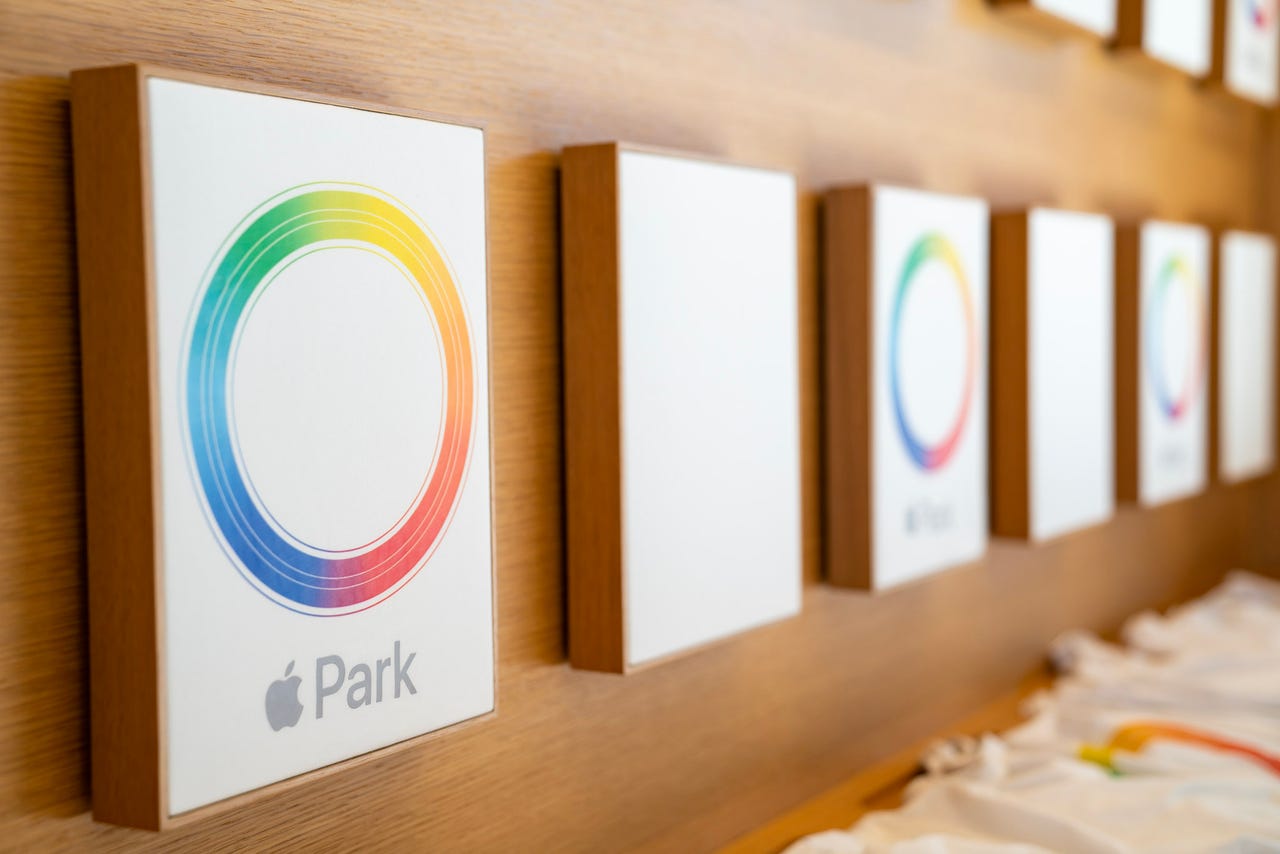Will Apple's headset signal the beginning of the immersive internet?

There are countless reasons to be skeptical about Apple launching its own virtual reality headset. But, there's one reason to believe Apple thinks it has cracked the code: the fact that it's actually going to unveil a product at WWDC 2023.
Apple only launches into a new category if the world's largest tech company believes it can transform the landscape and bring unique value to the world in the process.
It's a foregone conclusion that Apple will announce a headset at its annual Worldwide Developer Conference on June 5. What's less clear is why, and what Apple has discovered that Google, Samsung, Sony, Facebook/Meta, and countless others have missed over the past decade. None of them have been able to give the world a reason to love VR.
Also: Apple Vision Pro first take: 3 reasons this changes everything
What Apple shows us on June 5 is likely to be fascinating and limited. In the same way that the first Mac, iPod, iPhone, and Apple Watch fascinated us with their possibilities but were extremely limited in their initial capabilities, the Reality Pro (if that's what it's truly named) will likely be less groundbreaking in its physical form than in the picture Apple paints of what it will ultimately make possible.
Despite VR's struggles in recent years, we have learned that there are things it does very well. For example, VR is rapidly making a massive impact on training. According to research from PwC, learners who use VR train four times faster than classroom learners, are four times more focused than e-learning students, are 275% more confident to apply skills after learning, and are 3.75 times more emotionally connected to what they learn than people in classrooms.
That kind of training effectiveness is likely to be in high demand in the years ahead as AI impacts the future of jobs and a ton of workforce retraining will inevitably be needed.
Also: Apple's VR/AR headset is coming. Here's everything we know so far
It makes sense that VR is so effective as a training tool, because it's so immersive. The difference between VR's fully engaged experience and reading a web page or watching a video -- while notifications are going off on your phone, or the person next to you asks you a question, or you reach for that snack on your desk -- is obviously a huge gap.
The question now is where can that level of immersiveness create other kinds of next-generation experiences?
Could Apple's long-awaited headset have a similar design to recent HTC Vive models?
That's likely the big picture that Apple is seeing and thinking about. And it's likely what has led the company to start a journey toward creating a headset, a future pair of augmented reality glasses, and an ecosystem of experiences that are far more immersive and engaging than what we have today on our computers, smartphones, and tablets.
To be clear, this headset won't replace those everyday devices and it won't be something we use all the time. But it will be something we can use for some of our most important or favorite experiences where we want to go deeper. Think about the most important topics you engage with in your work or life, and what it might look like if you could step into those experiences in a deeper and more engaged way.
Also: The best VR headsets for gaming, the metaverse, and beyond
For example, a realtor could now offer a client five virtual walkthroughs of their top housing choices in less than an hour, rather than having to block out a whole day and drive around the city. A family choosing a vacation spot could pass around a headset and each tour three different options, including quick looks at hotels, restaurants, and activities. A sports lover could use a headset to take them to a live event and put them in a front row seat that they wouldn't be able to afford in real life. A person wanting a job in a highly specialized field could put on a headset and apprentice with a world-renowned expert on the other side of the planet as part of a one-to-many program that feels like one-to-one.
The internet has already given us the first level of many of the experiences mentioned above. Virtual reality is at the beginning of unlocking the next level. And now Apple is going to bring its focus on usability, elegant hardware, and of course, powerful consumer storytelling.
So when Apple announces its long-anticipated headset at WWDC 2023, it's probably less useful to think of it as Apple entering the VR market. It's probably more useful to think of Apple's arrival in this space as a signal that the new generation of an immersive internet is about to take some of our most valuable digital experiences to the next level.
